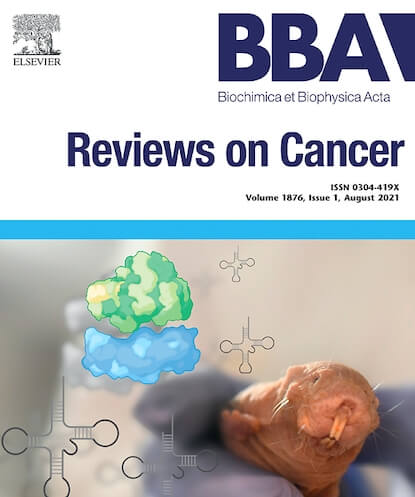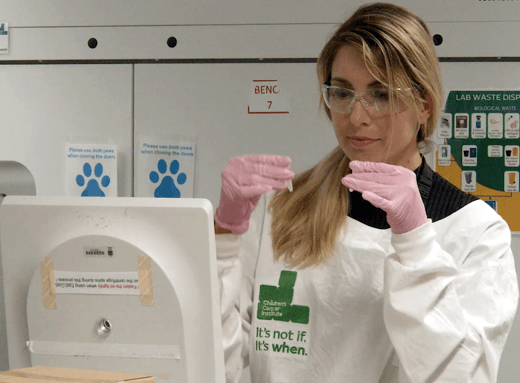Below is a summary of Professor Thomas’s address.
Should you have any specific questions or need further assistance with the content included in Professor Thomas’s address, the original may be accessed in the video below, or feel free to contact me directly at taniarb@crbf.org.au
June 26th, Rare Cancers Day saw Rare Cancers Australia (RCA) and Omico Australia collaborate to host an address at the National Press Club by Professor David Thomas. The address, titled “Cancer: The Modern Plague,” underscored the pressing need for accessible, personalised therapeutics in cancer treatment.
Professor David Thomas: A Visionary Approach
Professor David Thomas, the Chief Science and Strategy Officer of Omico, founded the organisation in 2019. He has been instrumental in translating cutting-edge technologies into practical therapeutic advancements for cancer patients. With over 260 research publications and numerous papers in high-impact journals, Professor Thomas has received international recognition for his contributions to oncology. His vision is to ensure equitable, sustainable, and affordable access to precision oncology for all Australians diagnosed with cancer.
Rare Cancers Australia: A Mission of Support and Advocacy
RCA, under the leadership of CEO Christine Cockburn, is dedicated to improving the lives and health outcomes of Australians with rare, less common, and complex cancers. RCA believes no Australian should face their cancer journey alone and provides personalised support while advocating for better access, affordability, and quality of care.
Genomics and the Future of Cancer Treatment
Cancer is caused by genetic mutations in human DNA, and genomics plays a critical role in reading DNA and mapping cell mutations. This molecular understanding enables the identification of unique tumour codes and the development of targeted therapies. Historically, the last significant advance in the understanding of cancer was the mid-19th century introduction of the light microscope, which could identify cell makeup but not the molecular drivers of cancer. Genomics now offers the potential to identify deranged cells, leading to a significantly greater understanding and subsequently new drug targets.
Cancer Statistics and the Growing Burden of Rare Cancers
Australia sees 150,000 cancer diagnoses each year, equating to one diagnosis every ten minutes, and 135 cancer-related deaths daily.
In 2024, it is projected that rare cancer diagnoses will reach 18,000, making it the third most common cancer collective after prostate and breast cancer. Tragically, 7,000 Australians are expected to die from rare cancers in 2024, second only to lung cancer.
Globally, rare cancers claim a life every 45 seconds.
The Role of Genomics and Targeted Therapies
The integration of genomics into cancer treatment has revolutionised the identification of drug targets and the development of personalised therapies. These advancements are especially crucial for rare cancer patients, as they offer targeted and more effective treatment options. However, the benefits of these cutting-edge therapies can only be realised if patients can access them without delay.
The Critical Nature of Time for Rare Cancer Patients in Accessing Clinical Trials
Time is of the essence for rare cancer patients seeking access to clinical trials. These patients often face aggressive and rapidly progressing diseases, making timely access to innovative treatments not just beneficial, but potentially life-saving. The journey to access clinical trials is fraught with delays and barriers that can have devastating consequences for patients and their families. These come in the form of the urgency attached due to the aggressive nature of their cancer, lengthy approval processes, and barriers to participation.
Advancements in Early-Phase Trials
20 years ago, sarcoma patients would enter into early phase clinical trials, and response rates would 1 in 20. Today, thanks to genomic profiling, an early phase trial of a new drug can be targeted at specific patients which improves outcomes to produce a 1 in 3 response rate.
These advancements highlight the transformative potential of new treatments with timely access.
It can take up to 18 months for new therapies to become accessible and equitable. Many patients may read about new advances, however the tragic reality is many die waiting to access these trials.
To capitalise on the potential of the improved outcomes with access to trials being targeted with genomic profiling we need to speed access to trials and new therapies.
A good example of this is the use of Doxorubicin, which is considered gold standard treatment for soft tissue sarcomas, and has been used since the 1970’s. As a monotherapy it has a low response rate. It is therefore reasonable to suggest that with matched therapies leveraging genomics and targeted treatment, better results may be achieved than with the use of our current best standard of care for Soft Tissue Sarcoma.
Advancements in Pan-Tumour Drug Treatments
There has been a notable increase in pan-tumour drug treatments, which are therapies designed to target common genetic mutations found across multiple types of cancer, rather than being specific to one particular type of cancer. These treatments represent a significant advancement in the field of oncology, offering broad-spectrum results that can benefit a wide range of patients. Currently, there are seven such treatments, with projections suggesting this number will triple by 2030.
Equitable Access and Policy Change
To address these urgent needs, there must be a concerted effort to streamline approval processes and remove barriers to clinical trial participation. Policies that expedite the Health Technology Assessment (HTA) processes, similar to those achieved during the COVID-19 pandemic, can ensure that life-saving therapies reach patients faster. Equitable access to clinical trials should be a standard of care, with concerted efforts to always identify the specific challenges of patients from rural and remote areas, and the Aboriginal Torres Strait Islander community.
Covid 19 and Expedited HTA Approval
Since 2020, rare cancers have claimed as many lives as COVID-19, and often disproportionately affecting our younger population. The expedition of treatment options through Health Technology Assessment (HTA) approval during the COVID-19 pandemic demonstrated that rapid advancements in medical treatments are possible. This experience underscores the urgent need to streamline the approval processes for cancer treatments to ensure that patients receive timely and equitable access to life-saving therapies.
Government Investment in Rare Cancers
The Australian government has invested heavily in the research programs of Omico and sister childhood research programme, ZERO through the CCIA, to support the provision of research, genomics and novel treatments in a sustainable and equitable manner for all Australians.
Over the past year, Omico and ZERO have supported 53 clinical trials, identifying effective drug targets in one-third of participants. Over eight years, these programmes have enrolled over 15,000 patients with incurable cancers
Conclusion
For rare cancer patients, every moment counts. The critical nature of time in accessing clinical trials cannot be overstated. By expediting approval processes, increasing awareness, and reducing barriers to participation, we can provide these patients with the best possible chance to benefit from the latest advancements in cancer treatment. The goal is to make cancer a manageable disease, one that patients can live with and thrive despite, rather than a death sentence dictated by the availability of time-sensitive therapies.
Professor Thomas and his team, together with Christine Cockburn and the RCA team are working together to emphasise the need to expedite processes through the Health Technology Assessment (HTA) as they were through Covid 19, to ensure rapid and equitable access to clinical trials and personalised therapies. Their goal is to transform cancer from a fatal disease into a manageable condition, enabling patients to live, manage, and thrive despite their diagnosis.
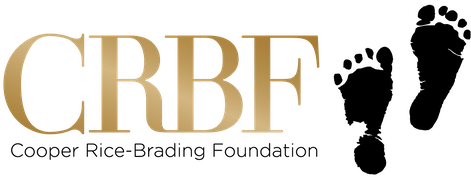
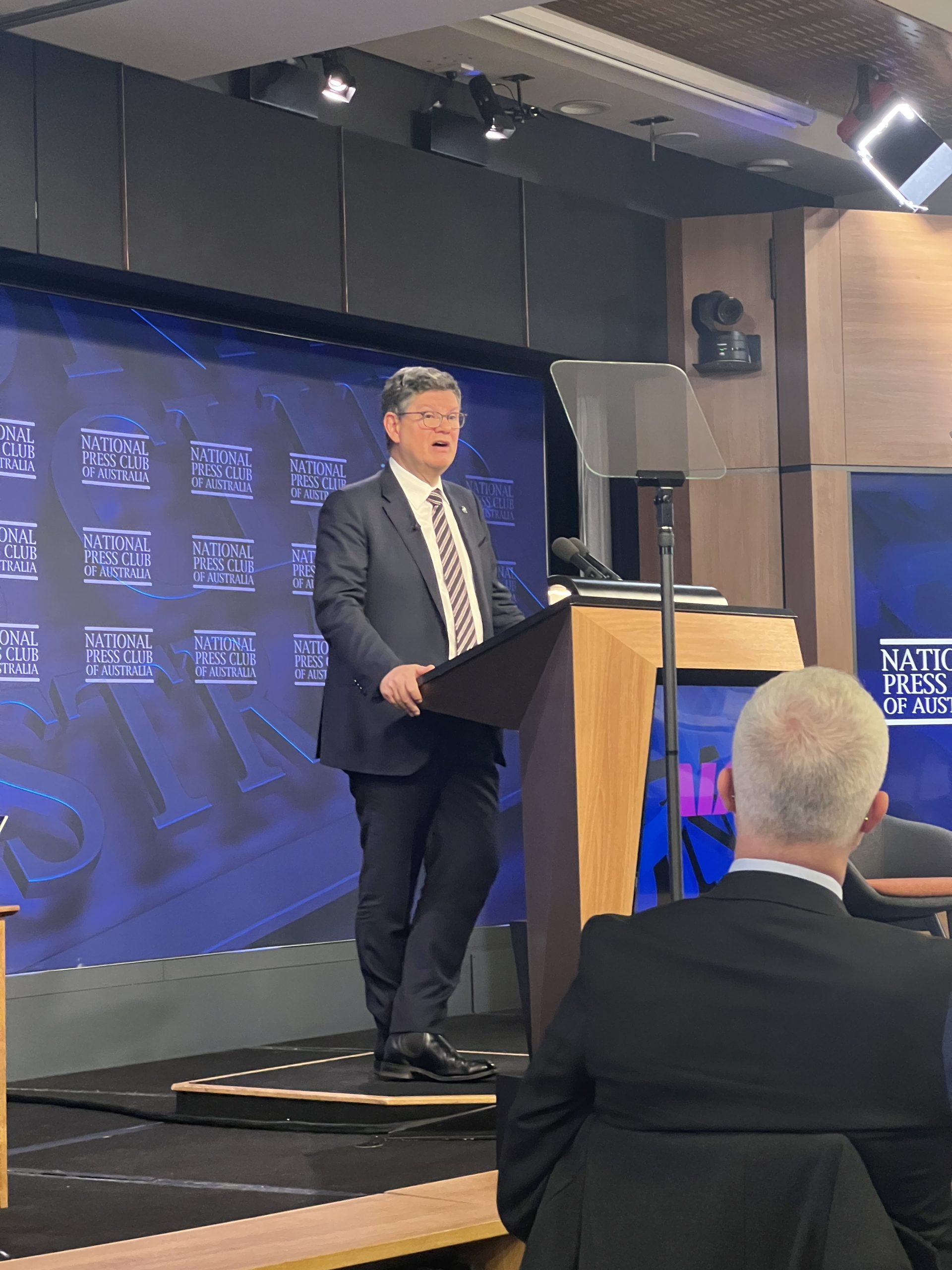
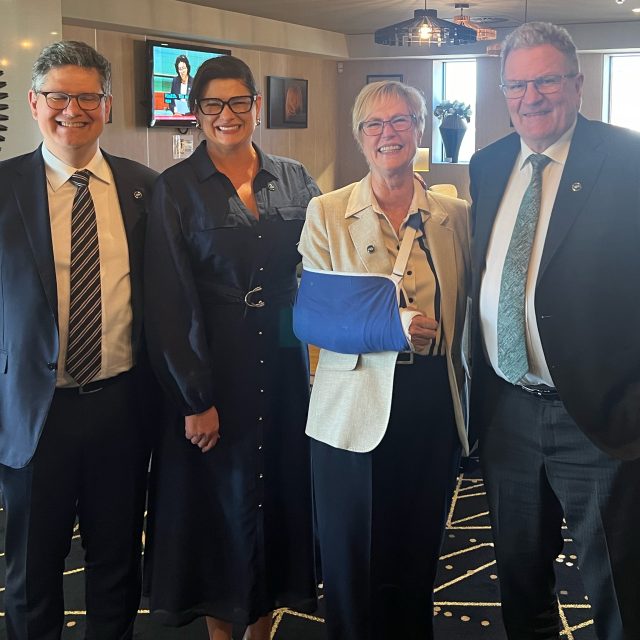
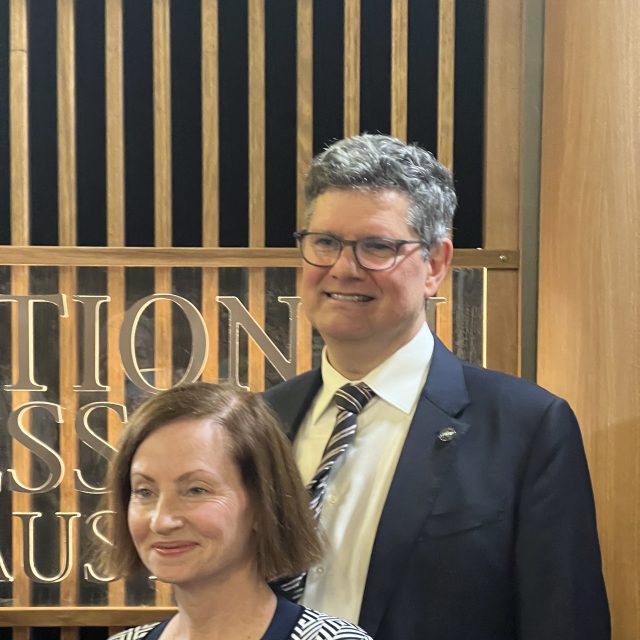
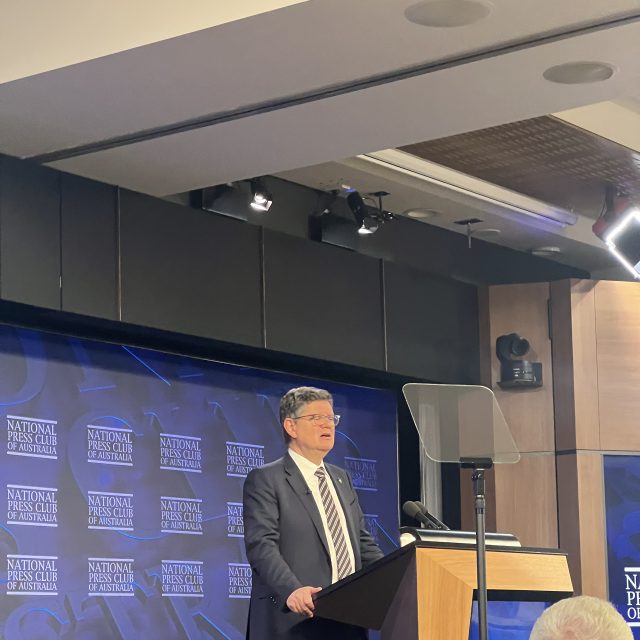
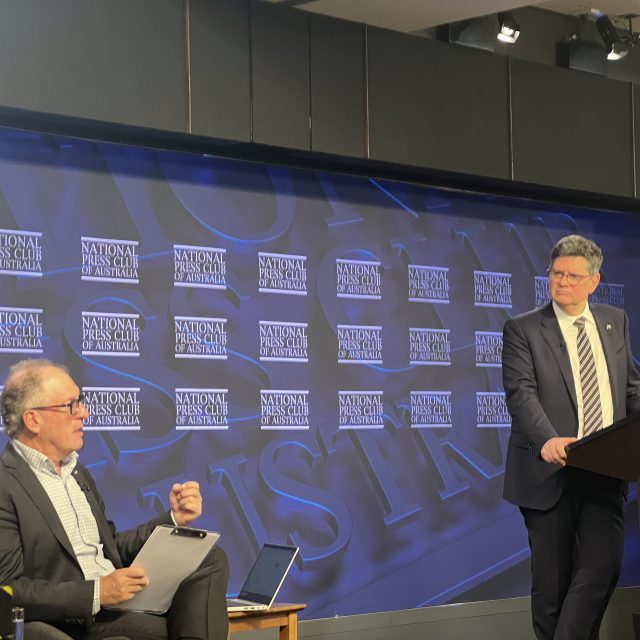
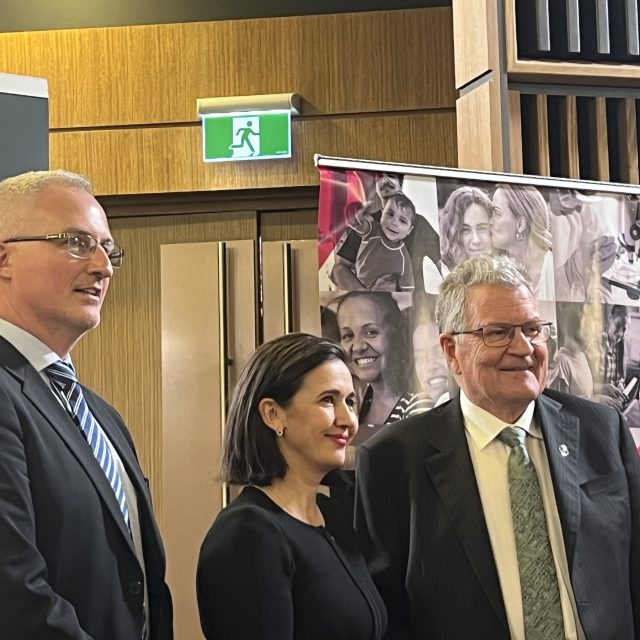
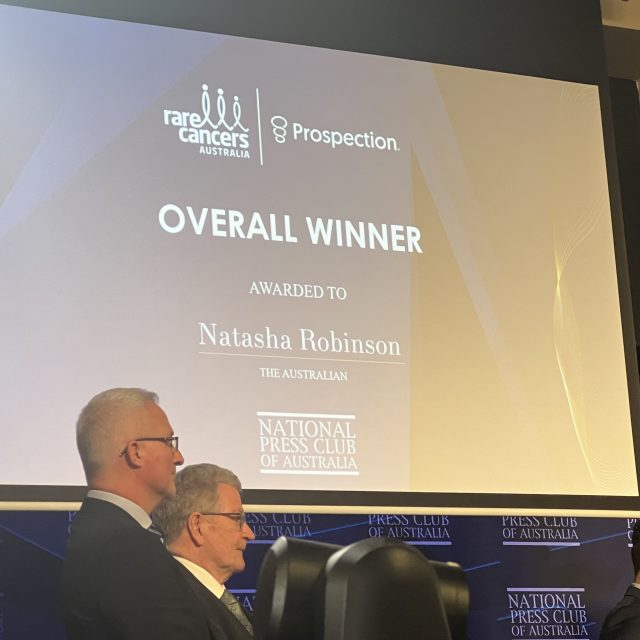
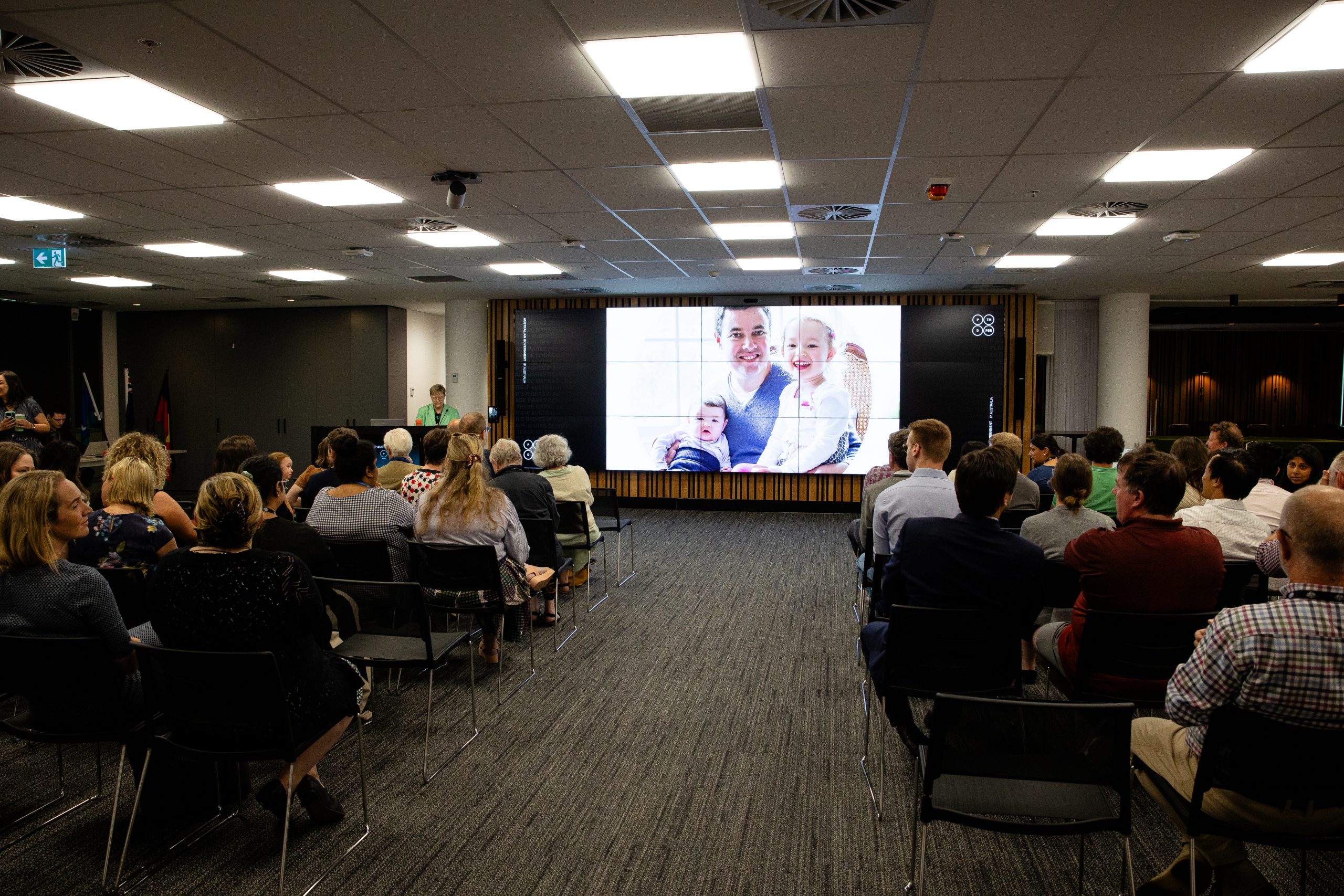
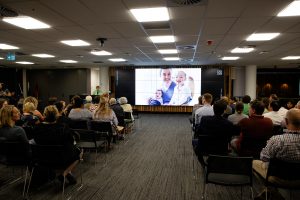
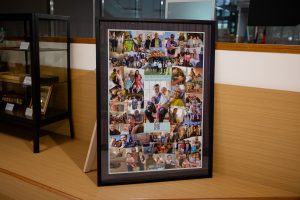
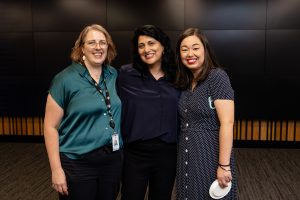
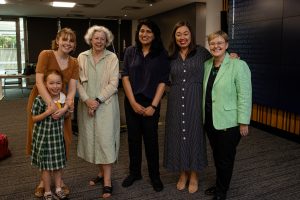
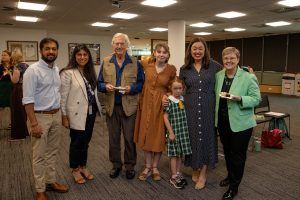
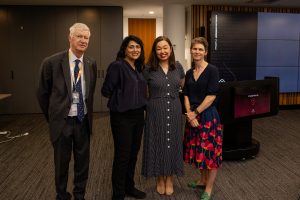
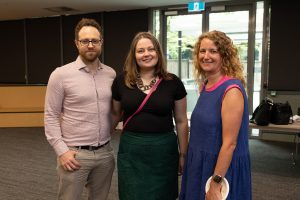
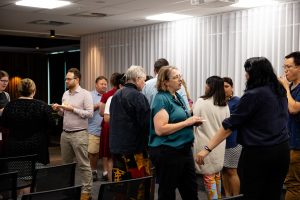
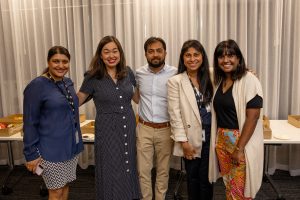
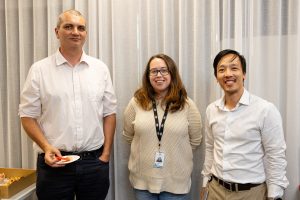
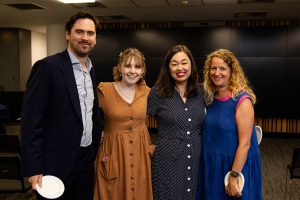
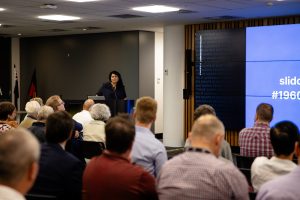
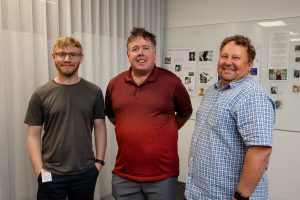
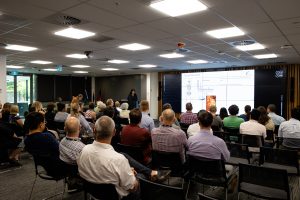
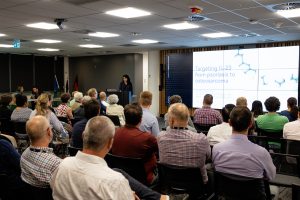
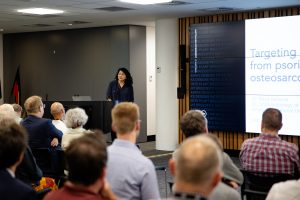
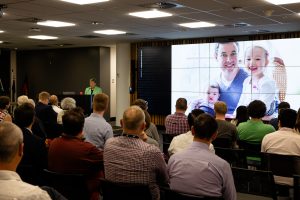
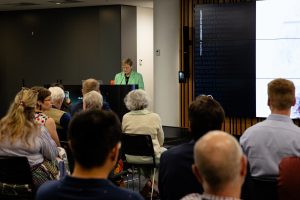
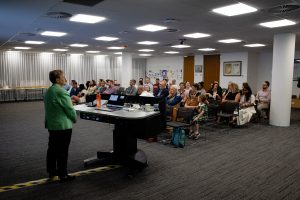
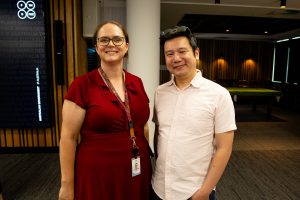
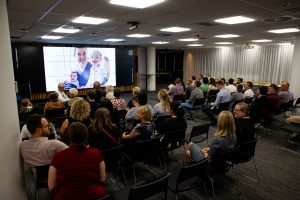
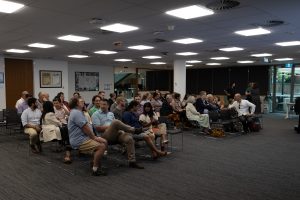
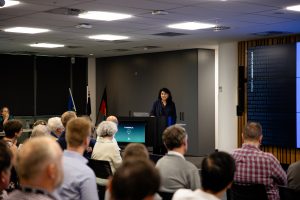
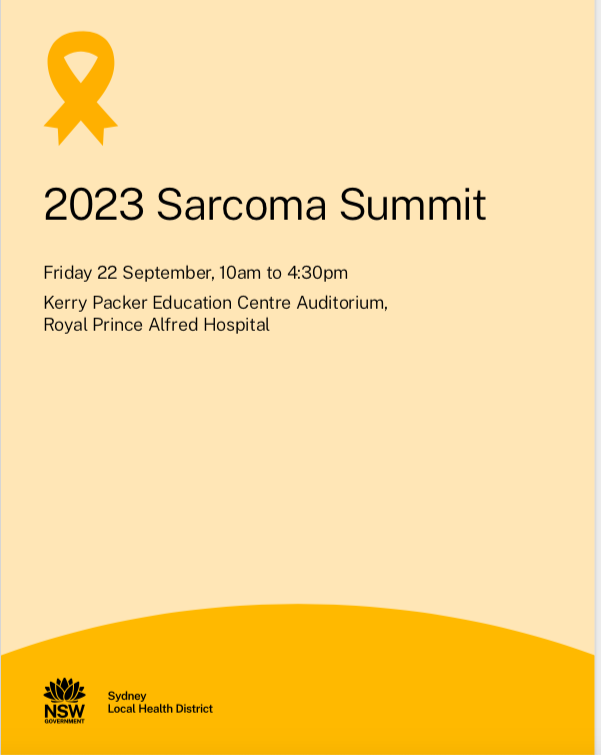
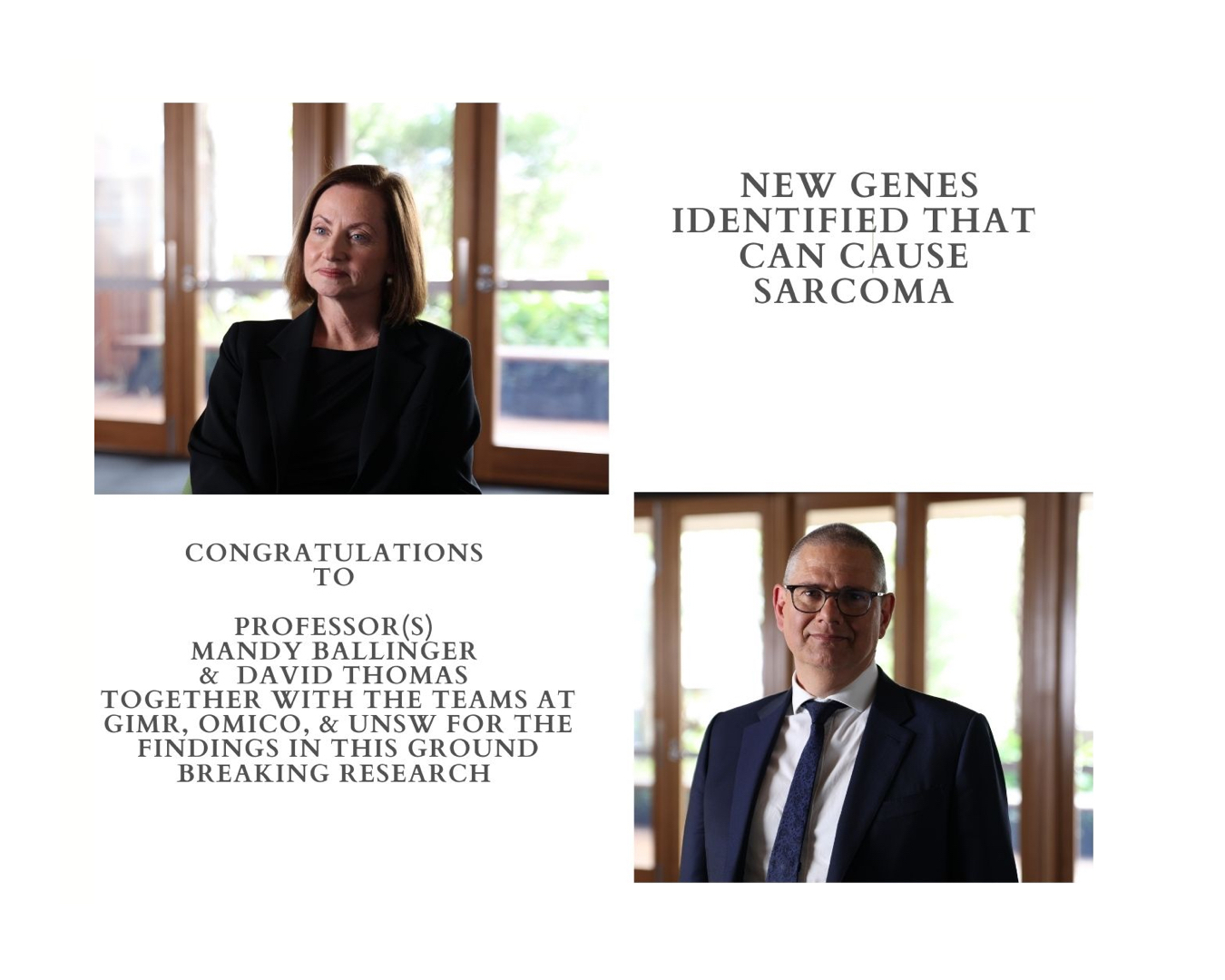

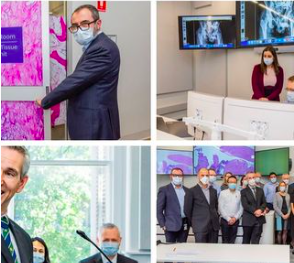
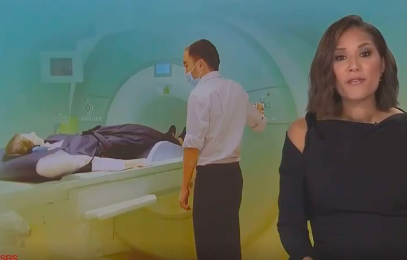
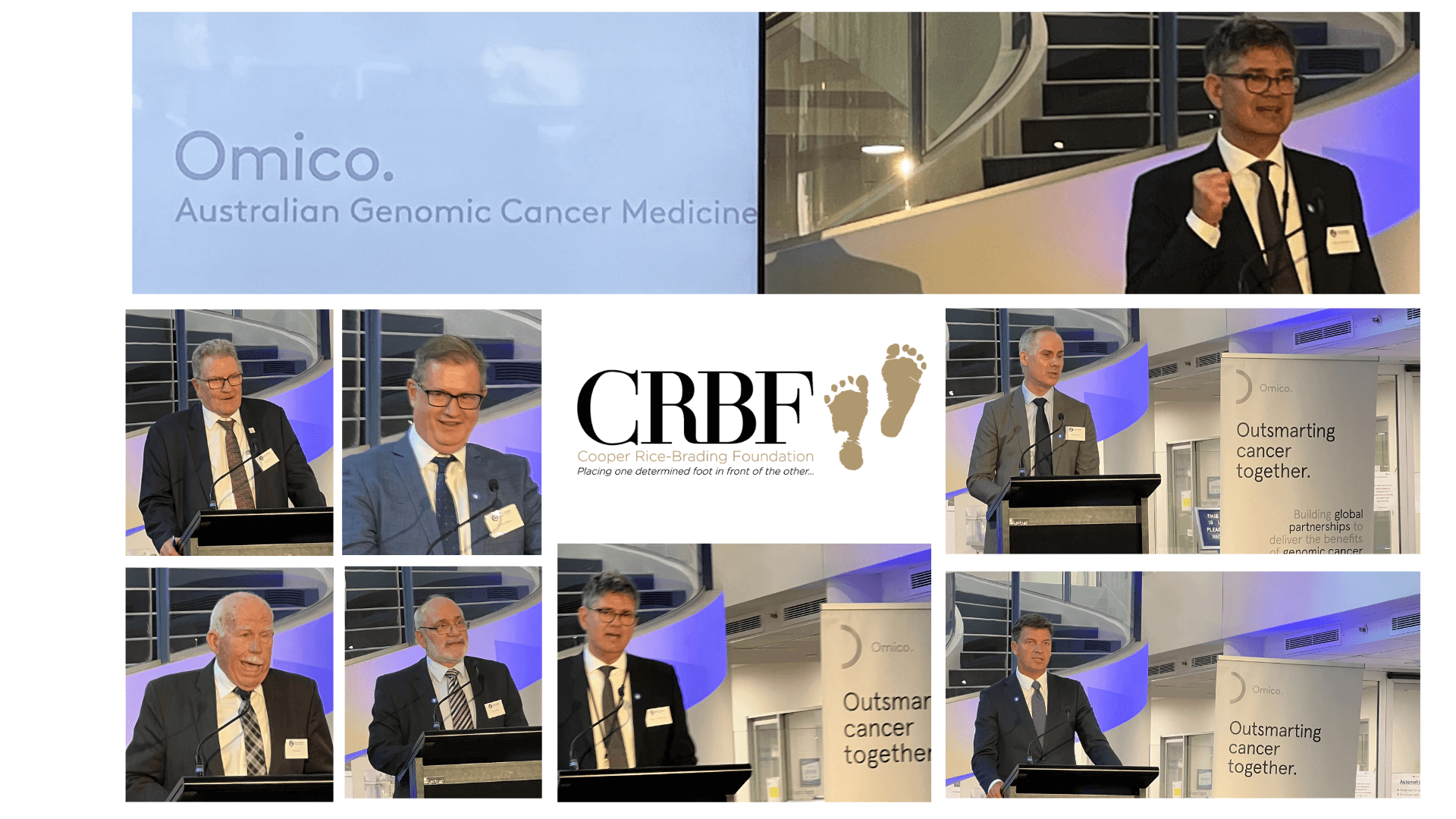

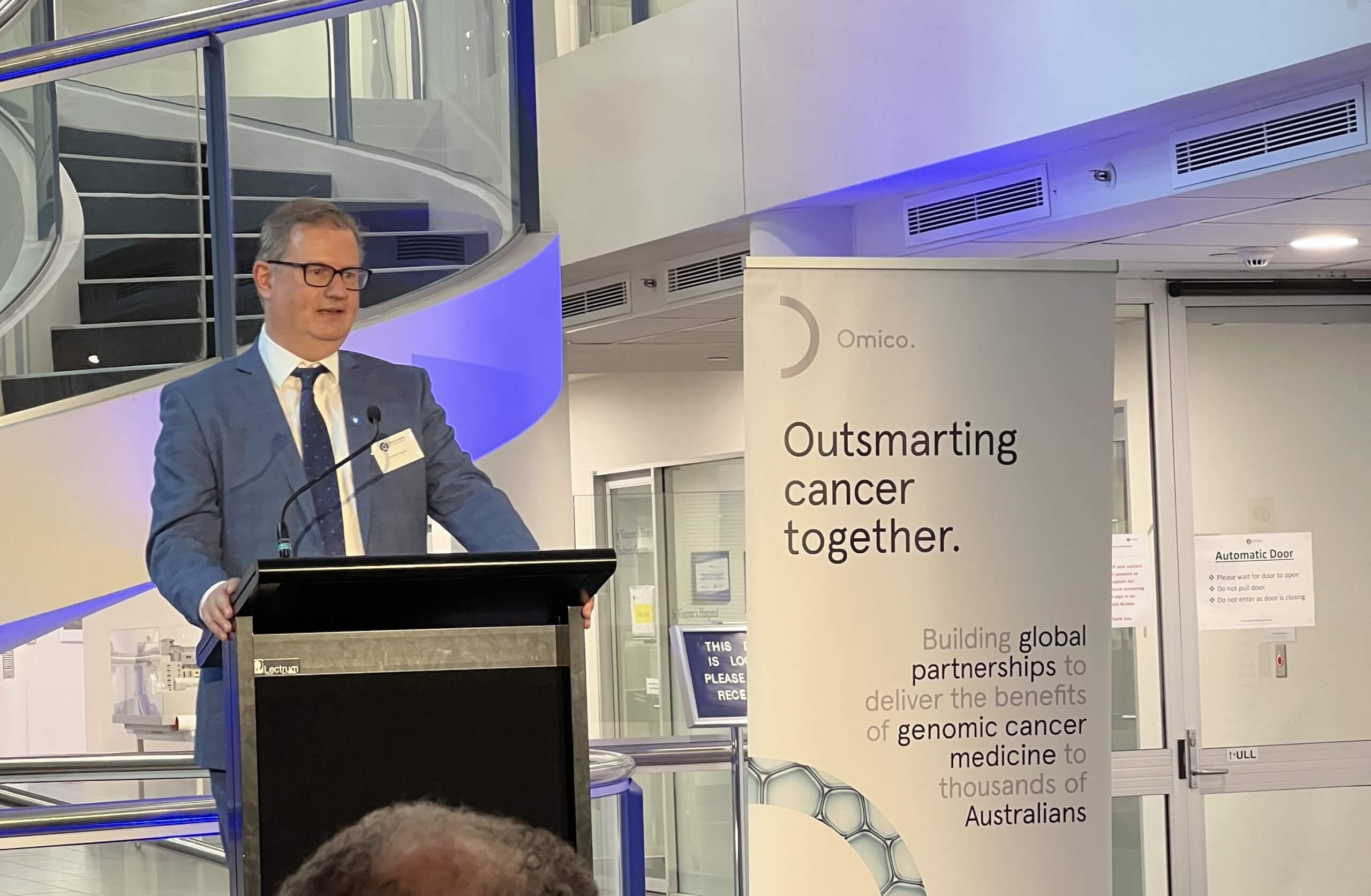
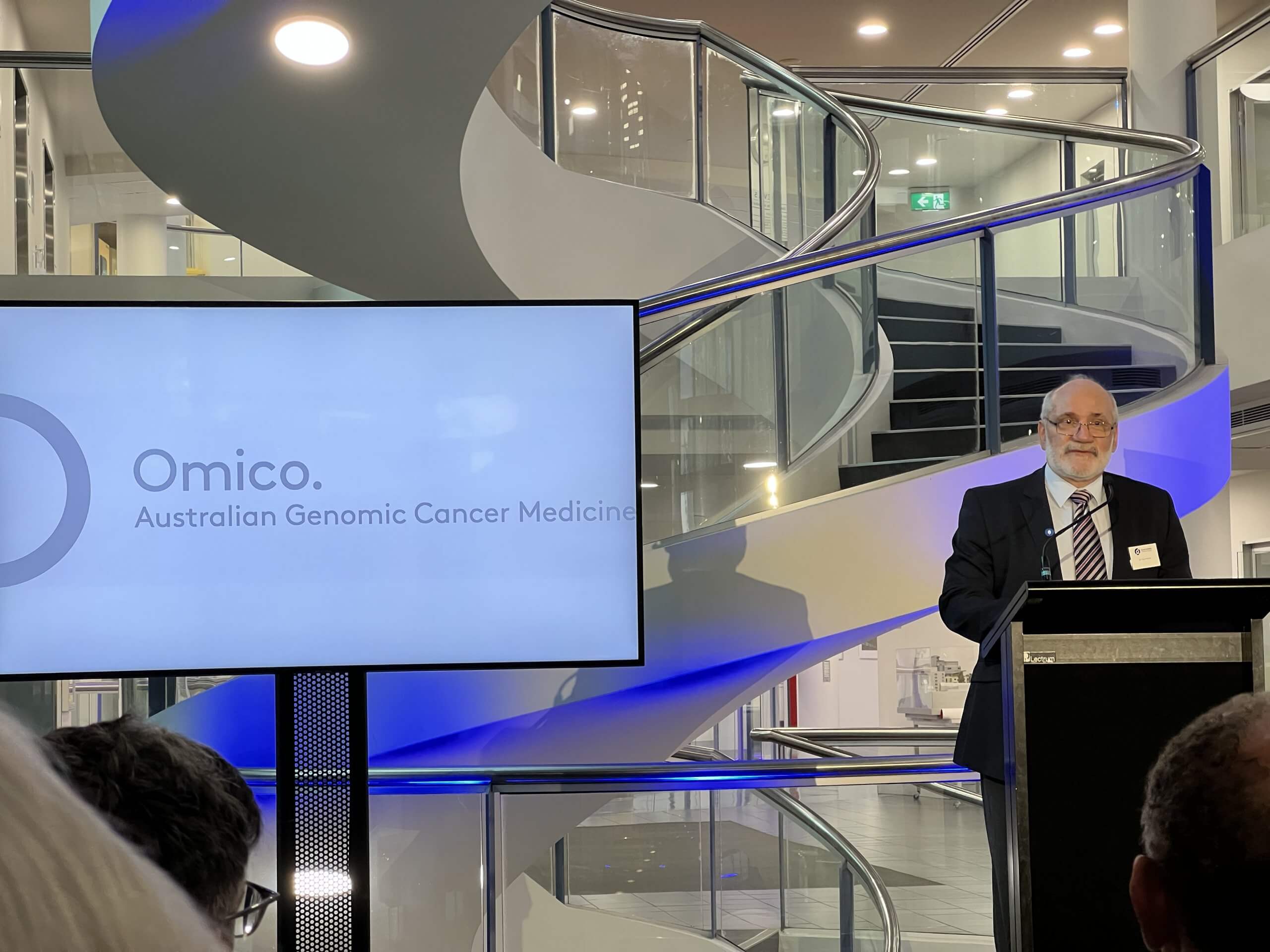

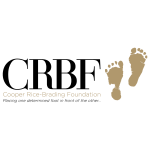 The Cooper Rice-Brading Foundation is delighted to be joining with The Kids Cancer Project once again, to provide funding support for a new international clinical trial for patients diagnosed with Ewing sarcoma that will be available soon to patients in Australia and New Zealand.
The Cooper Rice-Brading Foundation is delighted to be joining with The Kids Cancer Project once again, to provide funding support for a new international clinical trial for patients diagnosed with Ewing sarcoma that will be available soon to patients in Australia and New Zealand.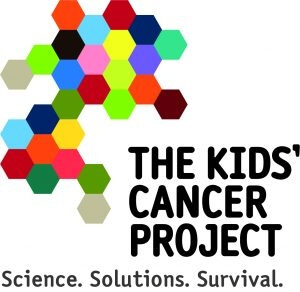 ANZCHOG, and the GPA Andrew Ursini Charitable Fund providing philanthropic support to ANZSA.
ANZCHOG, and the GPA Andrew Ursini Charitable Fund providing philanthropic support to ANZSA.

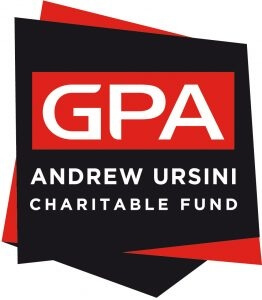
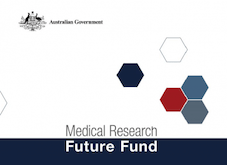
 ANZCHOG the National Sponsor for participating Australian and New Zealand paediatric and adult oncology centres. Associate Professor Geoff McCowage, Medical Oncologist Westmead Children’s Hospital, is Chief Investigator of this trial and has also recently joined the CRBF Medical Advisory Board, and brings a wealth of experience in sarcoma to this study.
ANZCHOG the National Sponsor for participating Australian and New Zealand paediatric and adult oncology centres. Associate Professor Geoff McCowage, Medical Oncologist Westmead Children’s Hospital, is Chief Investigator of this trial and has also recently joined the CRBF Medical Advisory Board, and brings a wealth of experience in sarcoma to this study.